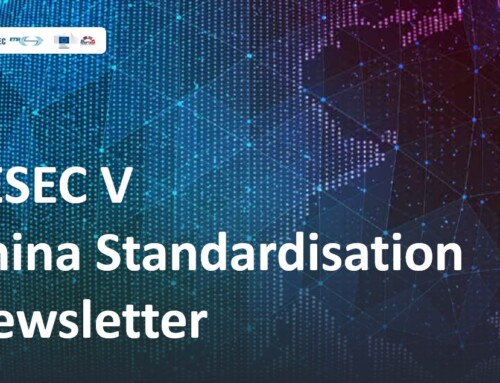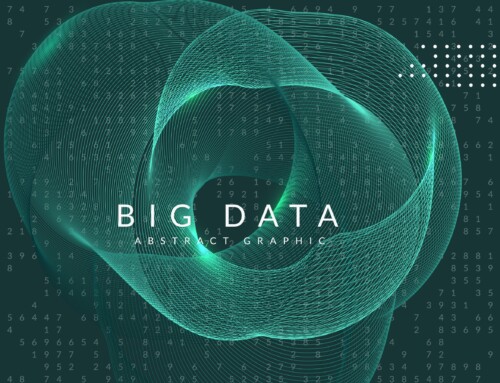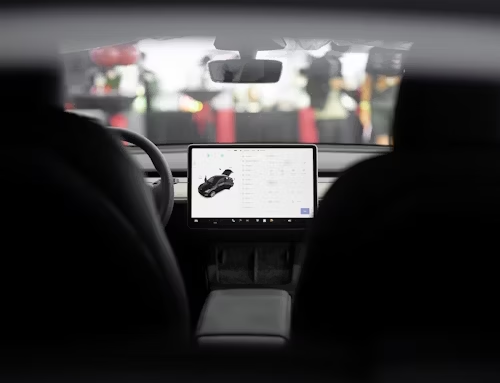From 25 September to 17 October 2025, the Ministry of Transport (MOT) launched a public consultation on the Draft for Comment for Standards System of Intelligent Transport System (2025) (hereinafter referred to as the “draft”). The draft focuses on practical applications and proposed updates to the existing standards system across three levels—general fundamentals, domain applications, and safeguards, with particular emphasis on smart logistics, smart mobility, vehicle-road collaboration, and autonomous driving.
According to the draft, the Intelligent Transportation System (ITS) is organized into three hierarchical levels:
- Fundamental standards cover general requirements, information collection, and data processing.
- Application standards include passenger travel services, freight logistics, electronic toll collection, vehicle-road coordination and autonomous driving, traffic operation monitoring, smart waterway transport, and other related standards.
- Supporting standards encompass information security, emergency response, and digital infrastructure support.
Currently, ITS includes a total of 358 standards, comprising 44 fundamental standards, 248 application standards, 42 supporting standards, and 24 related standards. Among them, 159 standards are currently in effect, while 199 standards are newly developed.
The draft also outlines the standards planned for development over the next 3 to 5 years, balancing current practical needs with forward-looking considerations for technological progress. The standards system will be dynamically adjusted, maintained, and updated in line with technological evolution and changing business requirements.
Beyond the key focus areas, the draft identifies 156 new standardization needs, including the adoption of 29 ISO/TC 204 international standards, 17 application standards in the field of artificial intelligence for transportation, and 110 new standardization needs in other key areas.
In the coming years, China will focus on achieving breakthroughs in the application of advanced technologies such as big data and artificial intelligence. Priority will be given to standardization in key areas including smart mobility, smart logistics, digital and intelligent infrastructure and equipment, vehicle-road coordination and autonomous driving, and information security.
Full draft for comment can be found at this link: https://jtst.mot.gov.cn/search/newsDetailed?id=553f687197d03023debbfb1cc161c87b
If you need English translation of the full document or standards inside the document, please contact us via email at: assistant@sesec.eu





